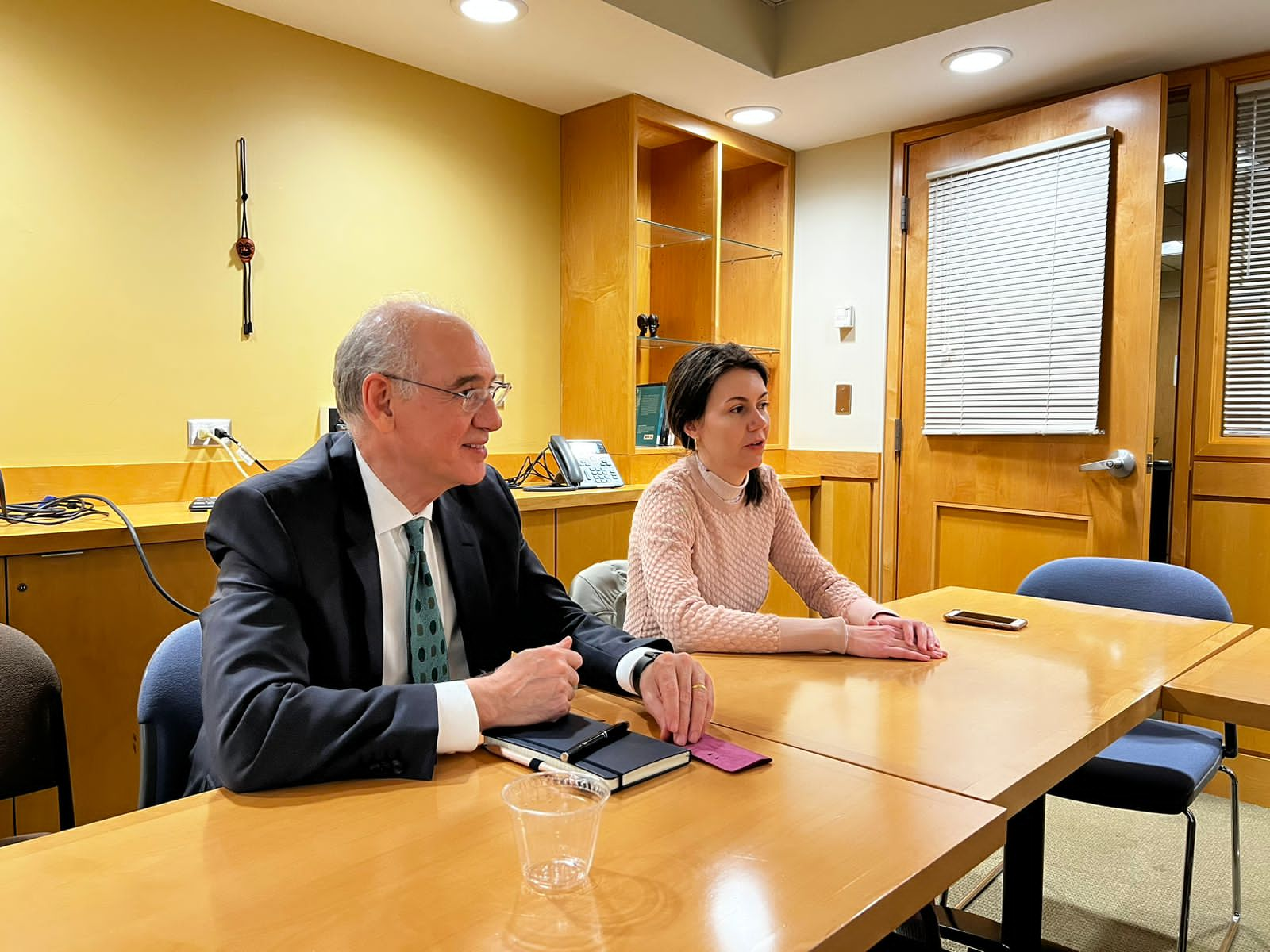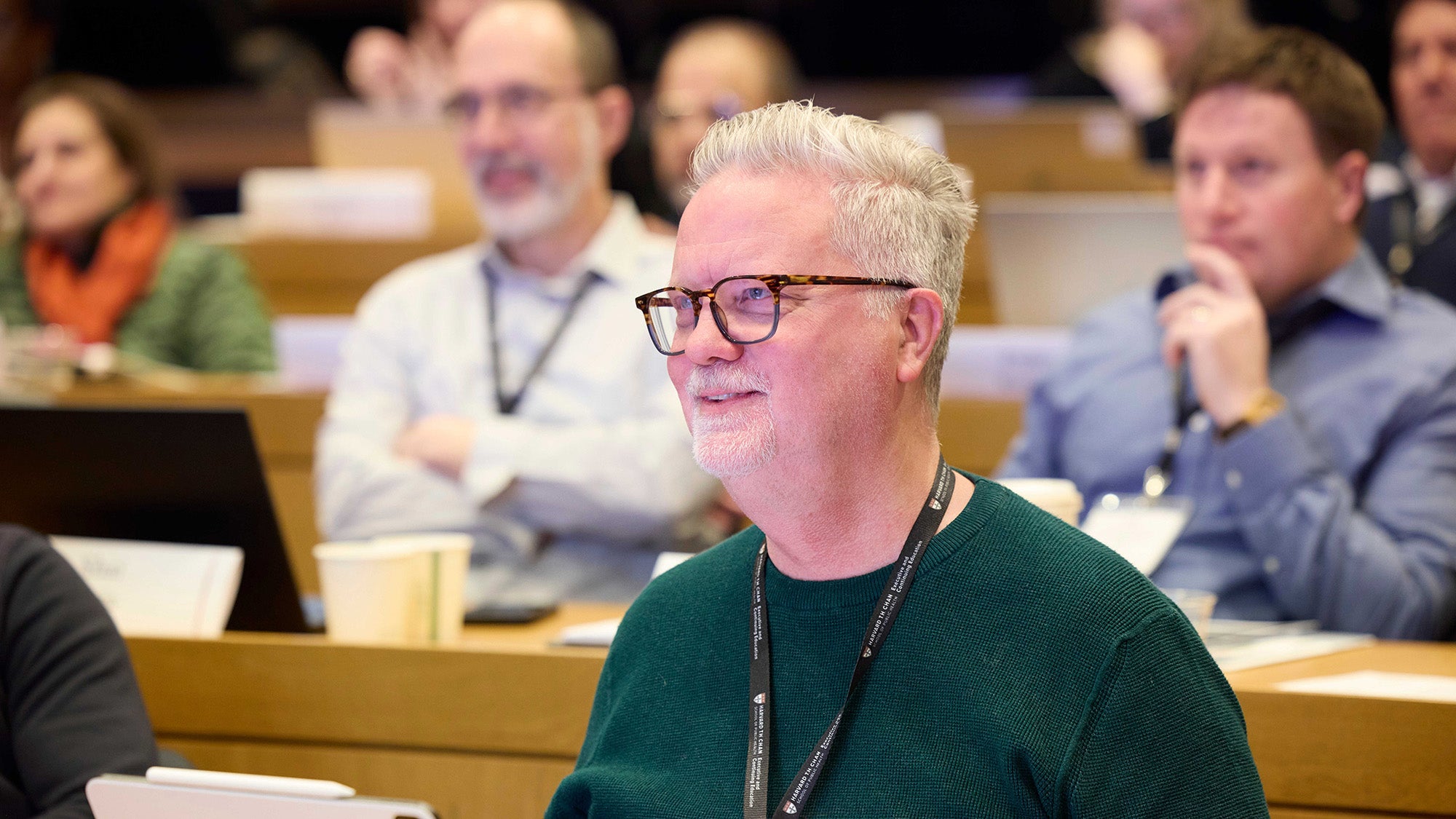In the spotlight: Dr. Gabriela Borin

Can you tell us more about your background?
I graduated from Universidade de São Paulo, Brazil with a Bachelor in Physical Therapy, in 2008. I then pursued a Specialization in Physical Therapy in Sports at the Universidade Federal de São Paulo, Brazil and I did my Master’s in Science at the Universidade de São Paulo, Brazil. During this period, I also worked as a physical therapist in major private and public institutions in Brazil. Then, I did a Doctor of Philosophy in Kinesiology, at University of Massachusetts, after which I pursued a second Master’s in Public Health at the Harvard Chan School of Public Health.
During these years of studies and research I have been involved in projects in Latin America & Caribbean region that focused on analyzing the social determinants of health, non-communicable diseases, health systems performance and innovations in health systems.
Why did you decide on working in global health systems / healthcare innovation?
I became interested in physical therapy because I always liked to play sports, but got some injuries along the way and was treated by a physical therapist. I was motivated by the idea of using physical therapy to help people have a better quality of life even when they had an injury or disability. After finishing my undergrad studies and seeing the struggles and limitations of my patients to receive treatment, I became extra motivated to pursue a career to help improve their lives.
During my PhD in Kinesiology, I had the opportunity to take some classes in the public health field. I saw that the tools of epidemiology could help me develop research that can have a population-level impact. So, I decided to apply to Harvard Chan School of Public Health to improve my public health knowledge and develop new research skills.
Can you tell us more about your work?
Now I am working with Professor Rifat Atun as a researcher at the Health Systems Innovation Lab on a project to study issues related to challenges in accessing cancer treatment in Colombia, Chile, Argentina, and Brazil. I also have been working in another large research project that aims to harness unexplored health data to assess system performance, especially concerning cardiovascular diseases, to guide policies and innovations in Latin America & Caribbean region, as well as other regions in the world.
What do you like most about your work and the team?
It has been an enriching personal and professional experience to work at the Health Systems Innovation Lab and learn from students, researchers and faculties from around the world. I hope that our research can contribute to better health systems globally.


